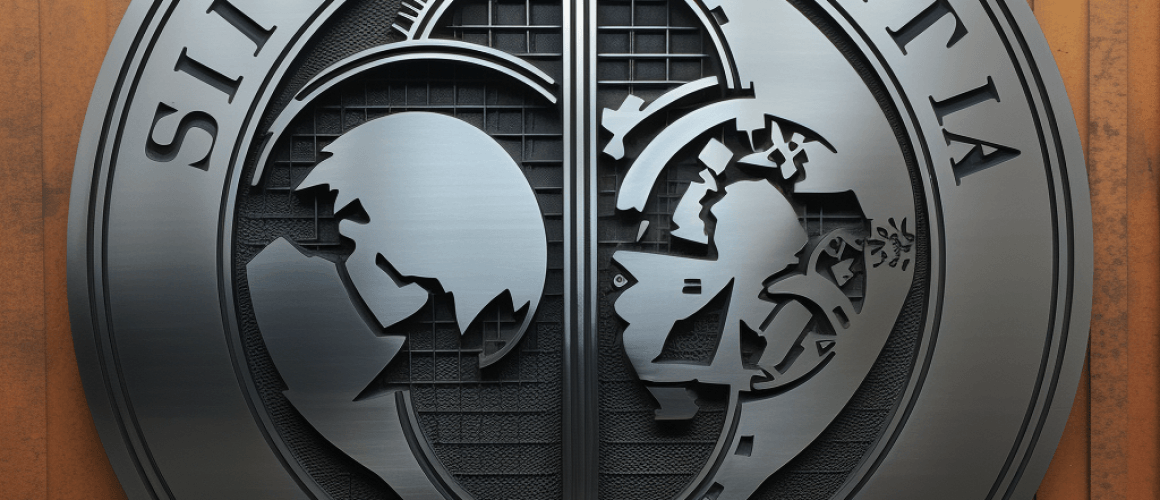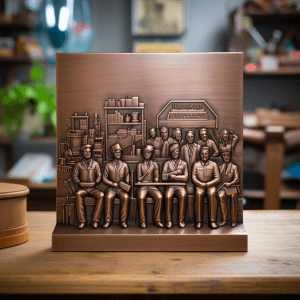Wall Plaques variety of materials
Costs
The cost of making plaques can vary significantly depending on several factors. Including the material used, size, design complexity, customization options, and quantity ordered. Here’s a general overview of the potential costs associated with different types of plaques:
- Metal Plaques Metal plaques, crafted from materials like brass, bronze, aluminum, or stainless steel, generally command a higher price due to the intricate manufacturing processes and the cost of materials involved. The pricing for these plaques can vary greatly, ranging from $20 to $200 or even more per plaque, depending on factors such as size, thickness, and customization options such as engraving or etching.
- Wooden Plaques: Wooden plaques are generally more cost-effective compared to metal plaques. Although their prices may vary based on factors like wood type, size, and customization. The price range for these plaques typically falls between $10 and $100 per piece.
- Acrylic Plaques: Acrylic plaques are a cost-effective alternative to metal or wooden plaques. The price of each plaque can vary between $10 and $50, depending on factors such as size, thickness, and customization options like engraving or printing.
- Glass Plaques: Glass plaques tend to have a higher price tag due to the costs associated with materials and production. The price of each plaque can vary depending on factors such as size, thickness, and customization options like engraving or sandblasting. Prices typically range from $30 to $200 or even higher.
- Stone Plaques: Stone plaques, crafted from exquisite materials like marble, granite, or slate, occupy the upper echelons of the price range. Their elevated cost is justified by the meticulous craftsmanship involved in their production, as well as the employment of high-quality materials. Depending on factors such as size, stone type, and desired customizations, prices for these remarkable plaques can range from $50 to $500 or more.
- Resin Plaques: Resin plaques provide a cost-effective alternative to materials such as metal or stone. The pricing varies based on factors like plaque size, design intricacy, and customization choices, ranging from $10 to $50 per plaque.
- Ceramic Plaques: The price of ceramic plaques can vary based on factors such as size, design intricacy, and customization options. The range for these plaques typically falls between $10 and $50 per piece.
- Plastic Plaques: Plastic plaques are generally the most economical choice, offering a price range of $5 to $30 per plaque. The specific cost depends on factors such as size, material quality, and customization options.
It’s important to note that these are rough estimates and actual costs can vary based on specific requirements and supplier pricing. Additionally, bulk orders may often lead to discounted pricing per unit.








